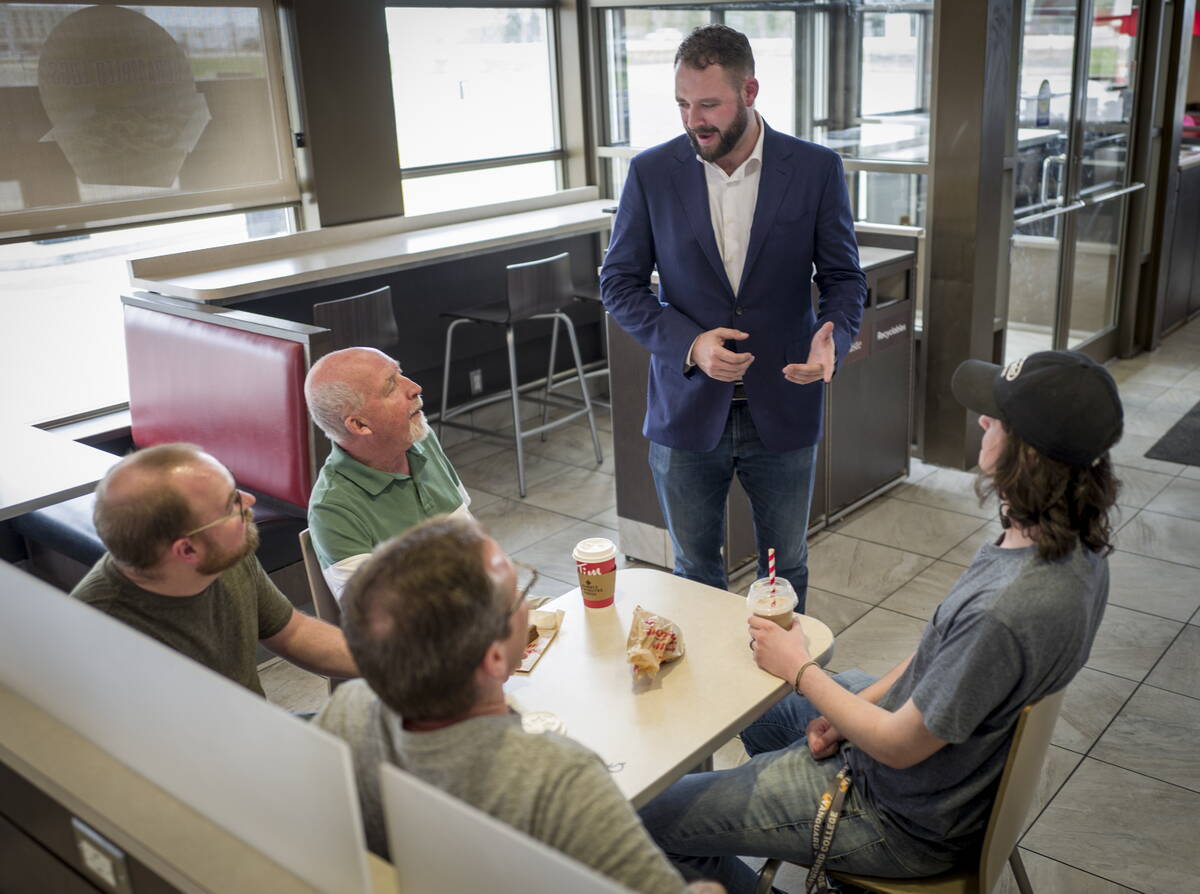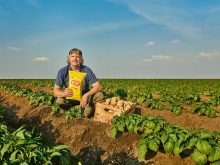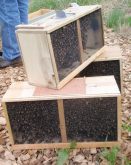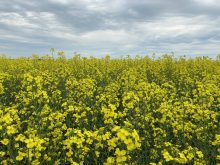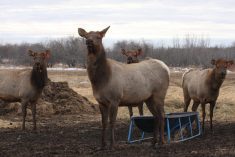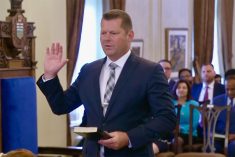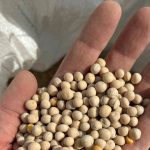Cameron Davies, leader of the Republican Party of Alberta, believes the provincial agriculture industry’s discontent with Ottawa is becoming increasingly obvious.
The Alberta Beef Producers announced earlier this summer its intent to withdraw from the Canadian Cattle Association by next July, stemming from issues with the national organization’s governance structure.
Davies said it’s the part of a long history of western agricultural alienation, including debates over the former Canadian Wheat Board and the current retaliatory tariff war going on with China over canola and electric vehicle tariffs.
Read Also
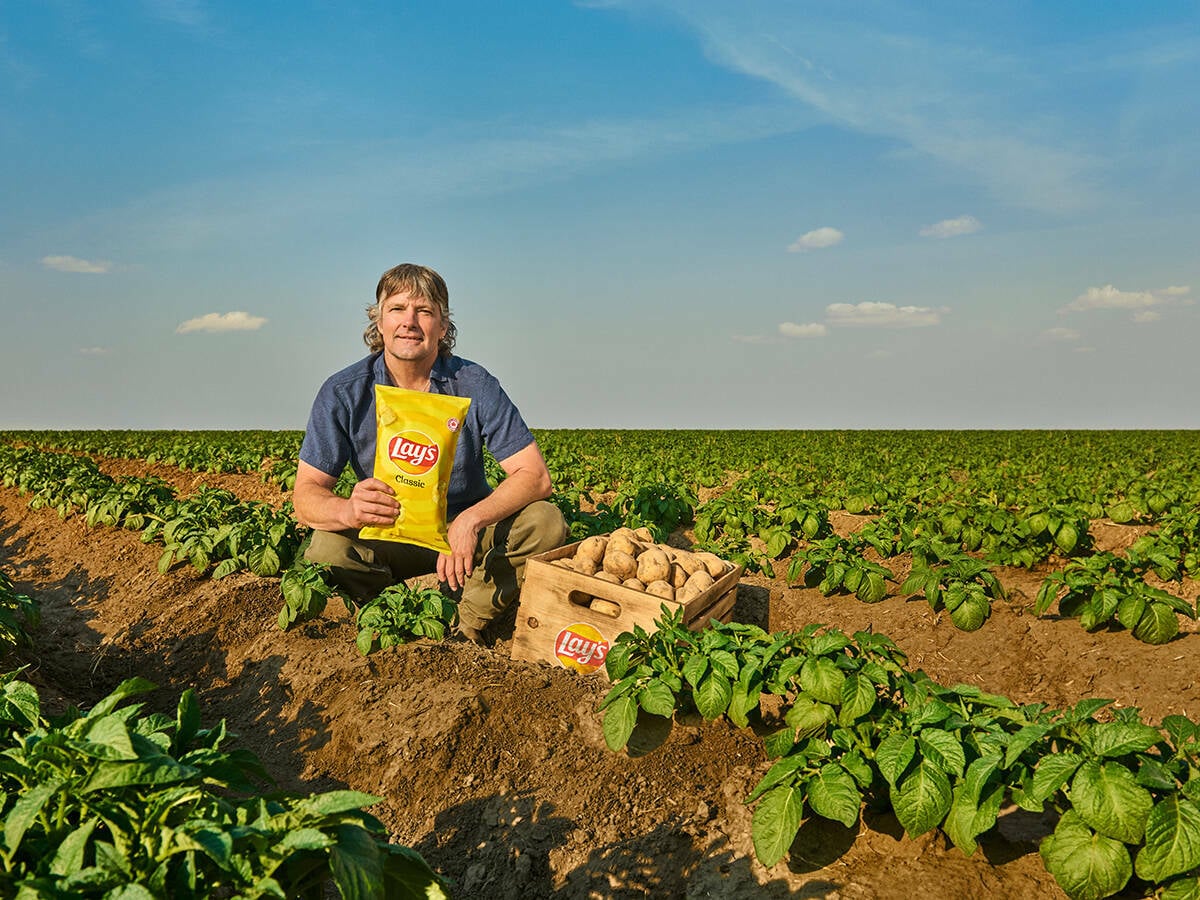
Alberta farmer invited to World Economic Forum
Southern Albertan farmer’s regenerative agricultural practices featured on panels at Davos where nations come together in partnership.
“Alberta and Saskatchewan supplies, I think, over half of the beef exports in Canada. It’s those policies we continue to see come out of the East. We’ve got a situation in Canada where interested elites come up with ideas from their ivory towers that the rest of us here in the West have to live and operate and feed our families under those policies that are completely out of step and misguided,” said Davies.
“So when we look at independence as the Republican Party of Alberta, we’re looking at being able to have Made in Alberta solutions to our challenges, not dictated to us by by Ottawa and liberal power brokers back East. So that’s one of the first benefits. The second would be our ability to negotiate our own trade agreements, whether that be with the United States, South Korea, Japan, producers around the world where Alberta being able to have access to markets around the world that they don’t currently have.”
He said the West’s influence in its oil production and agricultural output gives Alberta the clout to make its own decisions, whether that be foreign policy or international relations.
“For the first time, put Alberta producers and farmers first, which is where it should be. But Ottawa doesn’t look at it that way. It’s taking on Alberta-First approaches is what our party is committed to.”
Davies said his party has little interest in the current court case about whether the proposed Alberta referendum question on separation is constitutional.
“I don’t think the courts are going to permit the petition to call fora referendum to go forward, but we’ve been consistent in our position from Day One — the Alberta government can and should schedule a legislatively binding referendum on independence, and let Albertans have their say, whether you’re on the yes side or the no side. That’s something that the premier can do at any point in time with an order in council — legislature can vote on it. It does not require a petition,” he said.
“The petition is a bit of a, let’s call it a make work project for those who want independence. It’s meant to delay, stall and deflate the movement. We’re not playing that game. Every referendum in Canada that’s gone to the public has been initiated by government. That’s a fact. We’re not interested in chasing a never ending goal post of a petition to force a referendum. We’re just calling on the government to do the right thing, listen to the people. It’s a big enough issue in Alberta, listen to the people and let’s have a vote on it and let the chips fall where they may.”
He said the challenges faced by landlocked country’s are not unique to an independent Alberta.
He argued that Alberta’s large oil producer status would give it leverage in negotiations for access to ports, whether it was Vancouver or Seattle.
“There’s no real reason to reinvent the wheel. I think it’s situational. There’s different arguments for access for pipelines versus arguments for our access for shipping grain, cattle and agricultural products. But, international law has set precedence on all of those items. As one of the largest oil and gas producers in the world, Alberta is uniquely positioned to have immense leverage to negotiate international access to market and international access to tidewater than most of the countries in the world who have already done so,” he said.
“Switzerland, as an example, used their position of being a World Bank-type economy to say we need access to our agriculture markets as well, primarily dairy and various products. Paraguay had similar challenges with their beef market. There was a ruling back in the ‘80s, that Paraguay was able to negotiate through international access to tidewater arguments and precedence that gave (them) access to market.”
He said Alberta’s economy relies heavily on trade, especially in energy and agriculture, and establishing embassies and trade offices abroad would be essential to promote its commerce and build new international partnerships.
Davies said he hopes for an amicable split between Canada and Alberta if independence were to be achieved through mutually beneficial trade agreements and access to ports, but added Alberta holds powerful cards if that didn’t happen.
“When it comes to pipelines, British Columbia decided they wanted to restrict our access to market. Alberta has tools in our toolbox, too. If Canada wanted to continue to limit our ability to earn a living and develop our resources and our economy, restrict our market access, those would be issues that would be taken to the international stage instead of Canadian courts that continually rule against our producers,” said Davies.
“If British Columbia wanted to make things very challenging for Alberta to use their ports at exorbitant prices that we don’t currently pay, Alberta and B.C. are separated by the Rockies. If we were to place a toll on every container that came from the ports of Vancouver, those ports would shut down pretty quick. So two can play that game. International trade wars play both ways. I don’t think that’s a scenario we want to see, and I think Canada doesn’t wants to see that either.”
The Republican Party of Alberta was founded in 2022 as the Buffalo Party of Alberta and adopted its current name in February 2025. As of this past June, the party claims to have 24,000 members.

